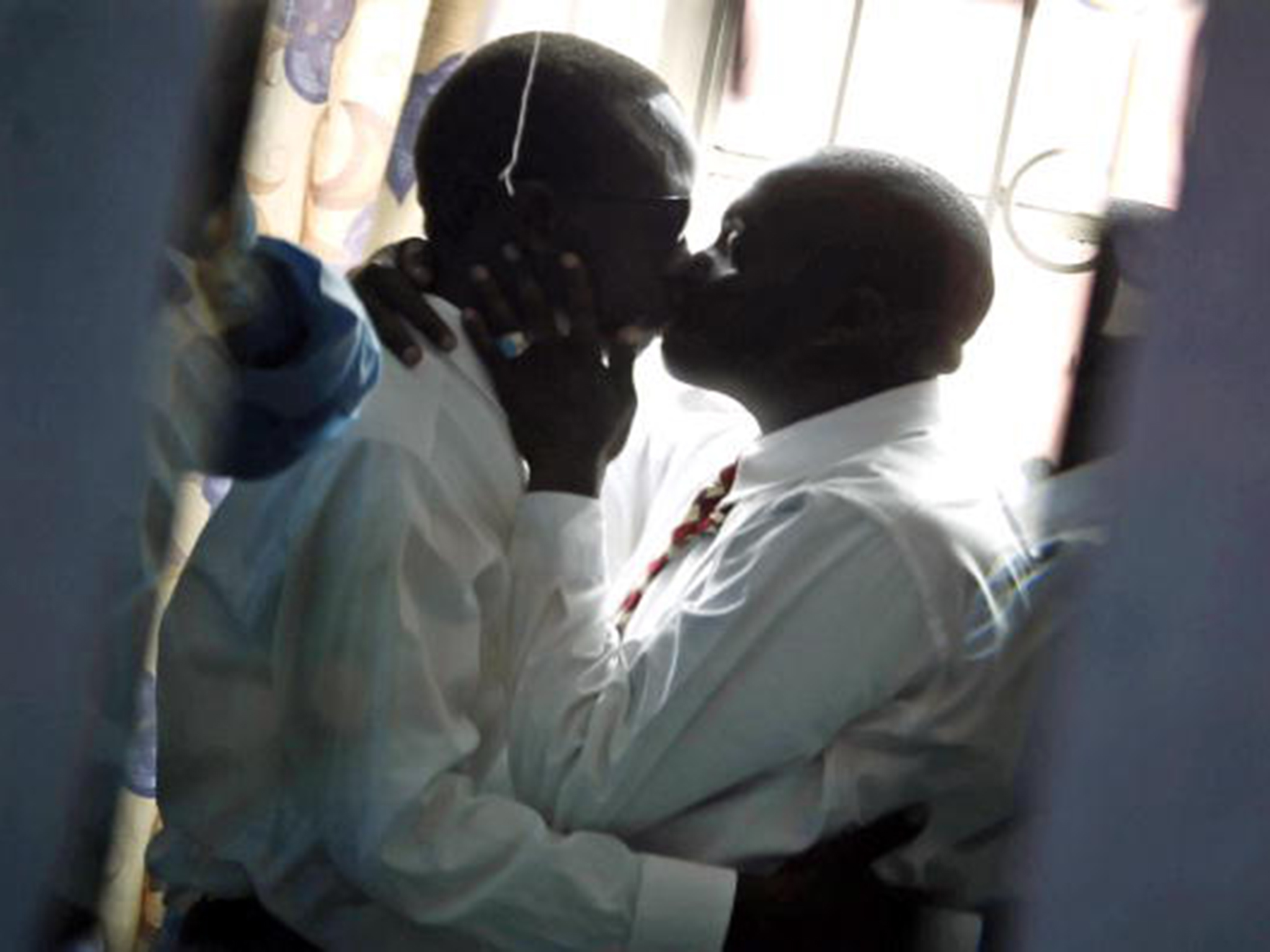Should Uganda have purchased Shs3b sexual lubricants for homosexuals or sanitary pads for girls?
The Health Ministry has condemned the purchase of nearly a million dollars’ worth of lubricant by the Uganda’s disease prevention programme because it thinks the product is for gay people, Daily Monitor newspaper said.
Donor funds were used to buy 964,000 tubes of lube, at a cost of 30bn Ugandan shillings.
Health Minister Sarah Opendi is quoted as condemning the use of cash from the Global Fund to Fight AIDS, Tuberculosis, and Malaria to buy the lube.
“We are very surprised by the progromme manager of the Aids Control Programme. We are reviewing our previous quarter work plan and during his presentation, he talked about procurement of 964,000 lubricants,” Ms Opendi said.
The Global Fund money is supposed to help in the fight against malaria and other diseases not buying lubricants for homosexuals.”
Homosexuality is illegal in Uganda.
But some political analysts question that even if homosexuality is not a legally recognised sexual behavior, shouldn’t the Ministry of Health cater for the health of those who belong to this practicing group.
Sections of Ugandans are also faulting the government for having the wrong priorities as people around the country are in need of food because their crops were destroyed by the prolonged drought in the but instead all Ministry of Health can think about is a sexual lubricant for gays.
Others also praised jailed academic and activist Stella Nyanzi’s determination to hold the government to its promise of free sanitary pads for the country’s schoolgirls instead of buying sexual lubricants.
Lack of pads has been highlighted as one of the major causes of girls in rural areas dropping out of school.
Why purchase of Shs3b sex lubricants for homosexuals?
However, global health authorities have recommended that lubricants be made available to both straight and gay couples as part of the fights against Aids.
As of 2015, 1.5 million people in Uganda were living with HIV, with 28,000 aids-related deaths in the same year.
The use of water-based or silicon-based lubricants “lowers the chances that a condom will break or slip during sex”, according to the US-based Centers for Disease Control and Prevention (CDC).

And Prof Anthony Mbonye, the acting director general Health Services, disagreed with the minister, saying a lot of gay people go to health facilities in search of treatment for wounds caused by “friction”.
Some Ugandans have instead asked for the government to ban the import and sale of sexual lubricants as part of a sustained crackdown on the country’s LGBT+ community.
“Those lubricants encourage homosexuality, which is against the law and bad for our children. Government should ban them instead of buying them,” a concerned mother of three, Jane Namujju told TheUgandan on Monday.
“Those acts of homosexuality in Uganda are criminal so how does a government department commit money to that,” Stephen Begumisa, a media practitioner commented on the issue. “The would-be beneficiaries are not known because they fear to disclose who they are but now the government is spending our money on them.”
“I think it is illegal because the law prohibits those sexual relationships. The officials who made such a purchase should be brought to book for facilitating sex that we as Ugandans consider to be against the order of nature,” said James Mugisha, a teacher in Kampala. He said that lubricant encourages homosexuality, which is against the law adding, “Even the President refused to sign the new, softer law against homosexuality because there is an old one, efficient one.”












